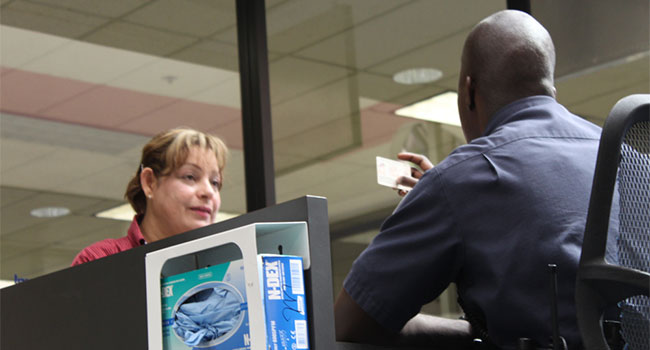
American Citizens Could Be Subject to Required Facial Recognition Scans While Entering or Leaving U.S.
The Trump administration plans to expand facial scans from a pilot program for foreign travelers to include all travelers, including permanent residents and citizens.
- By Haley Samsel
- Dec 05, 2019
The Department of Homeland Security plans to propose a rule next year requiring all travelers entering or leaving the country, including U.S. citizens, to be photographed by customs agents.
Next July, the Trump administration plans to introduce the regulation as part of an effort to better track travelers as they enter and depart the U.S, Reuters reported. Customs and Border Protection agents have already piloted facial scan and fingerprint technology with foreign travelers, but citizens and legal permanent residents have not been previously subjected to the requirements.
The news came in the administration’s proposed regulatory agenda for 2020, which the public will have 30 to 60 days to comment on once it is officially announced. In the agenda, the administration argues that the collection of biometric data will “prevent persons attempting to fraudulently use U.S. travel documents and identify criminals and known or suspected terrorists.”
Privacy and anti-facial recognition advocates are already speaking out against the policy, stating that the expansion of data collection would violate the civil rights of Americans. Sens. Ed Markey (D-Mass.) and Mike Lee (R-Utah) have already spoken out against the DHS Biometric program, urging the department to stop expanding the technology.
Now, Markey said he will introduce legislation to block the department from using the system on American travelers, ensuring that citizens are “never forced to hand over their facial recognition information.”
"The Department of Homeland Security should immediately withdraw plans to force Americans to undergo facial recognition and hand over their biometric information," Markey said to CBS News. "This proposal would amount to disturbing government coercion, and as the recent data breach at Customs and Border Protection (CBP) shows, Homeland Security cannot be trusted to keep our information safe and secure.
Jay Stanley, a senior policy analyst with the American Civil Liberties Union, said in a statement to TechCrunch that the new regulation is “reneging” on the DHS’ promise not to make the use of biometric technology mandatory for Americans.
“Travelers, including U.S. citizens, should not have to submit to invasive biometric scans simply as a condition of exercising their constitutional right to travel,” Stanley said. “The government’s insistence on hurtling forward with a large-scale deployment of this powerful surveillance technology raises profound privacy concerns.”
In its filing, the Trump administration said that it plans to issue a separate fast-track regulation this month that will move the entry-exit project to a status beyond its current designation as a pilot project.
A spokesperson for CBP told TechCrunch said the agency is still in the rulemaking process and “will ensure that the public has the opportunity to comment prior to the implementation of any regulation.”
About the Author
Haley Samsel is an Associate Content Editor for the Infrastructure Solutions Group at 1105 Media.